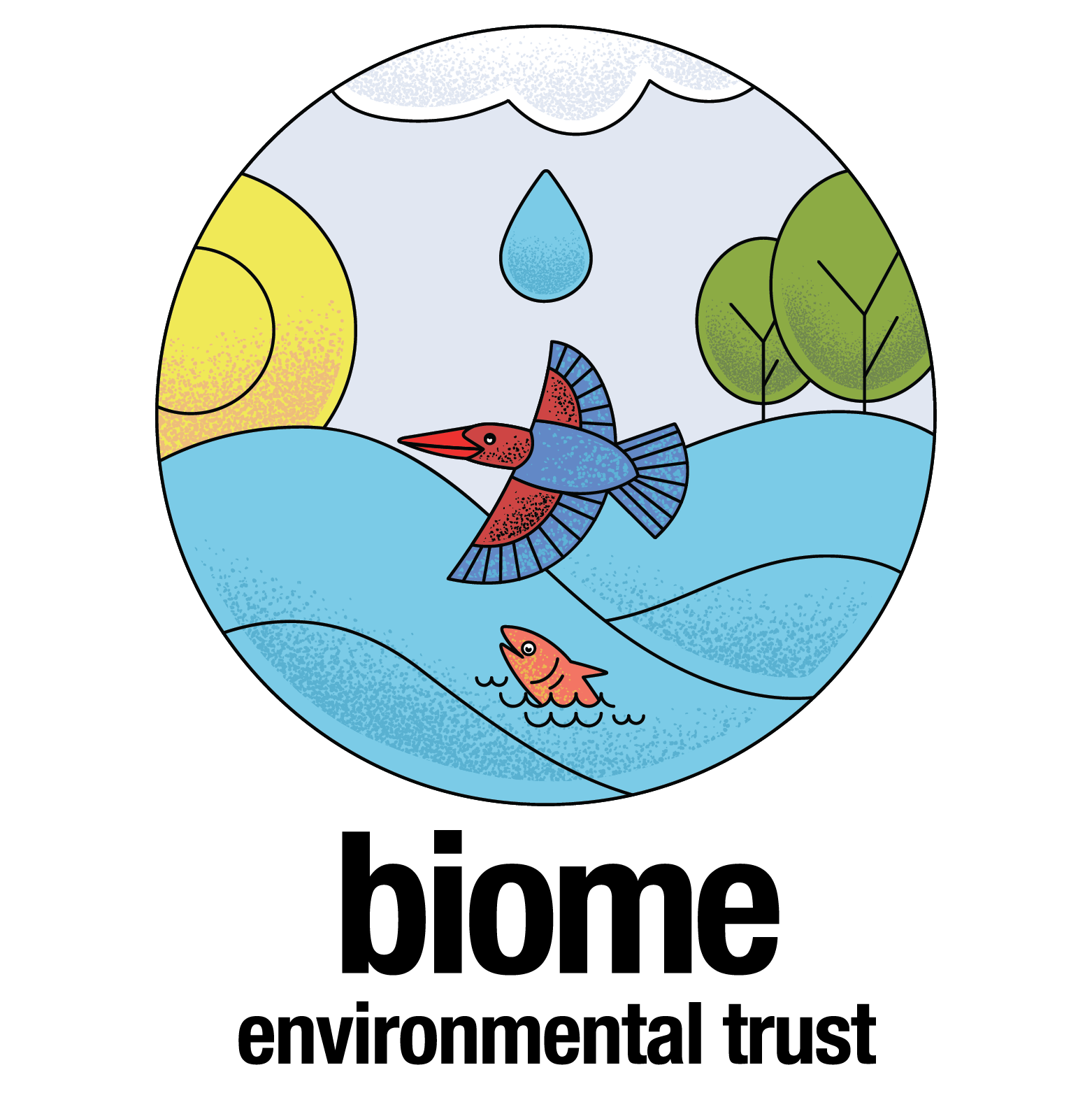The College of Fisheries Alumni Association (COFAA)- Bangalore Chapter organized a meeting with Citizen Lake Groups and the Fishermen Association to discuss how everyone can work together to solve issues at the lake. The meeting was held at the Fisheries Research and Information Center in Hesaraghatta on Tuesday, April 23rd. There were around 25 members who attended the meeting including COF alumni, different representatives from the Lake Groups and Fishermen Association. Everyone introduced themselves to the group and brought up points they thought were relevant to the discussion. Some points that were brought up were:
- Ramprasad from Friends of Lake mentioned that it would be helpful to work with COFAA and learn from their experience, for instance when it comes to plant diversity at lakes and the nutrient absorption capacity of wetlands.
- Lakshman from the Fishermen Association group emphasized that fish death is the best indicator that a lake is polluted. He also mentioned that it is extremely important to stop polluted water from entering the lake as it cause fish death.
- Annapoorna from Jalpooshan shared their positive story of collectively working with the fishermen at Jakkur lake to revive and maintain the lake. She said that the fishermen are the first to notice any contamination in the water and take the best care as the lake directly affects their livelihood. Jalpooshan include the local fishermen in all discussion pertaining to the lake, and also share any knowledge that could benefit them.
Dr Eknath, the president of COFAA Bangalore Chapter ended the meeting with some points on potential ways to move forward. He mentioned organizing a workshop where key organization can come together to ficus on problem and see how they can work together to solve it. He also mentioned it would be helpful to create a list of good management stories that could encourage and motivate other to act. This was the first collaborative meeting organized by COFAA to bring together COF alumni, the Fishermen Association and different Lake Groups.
